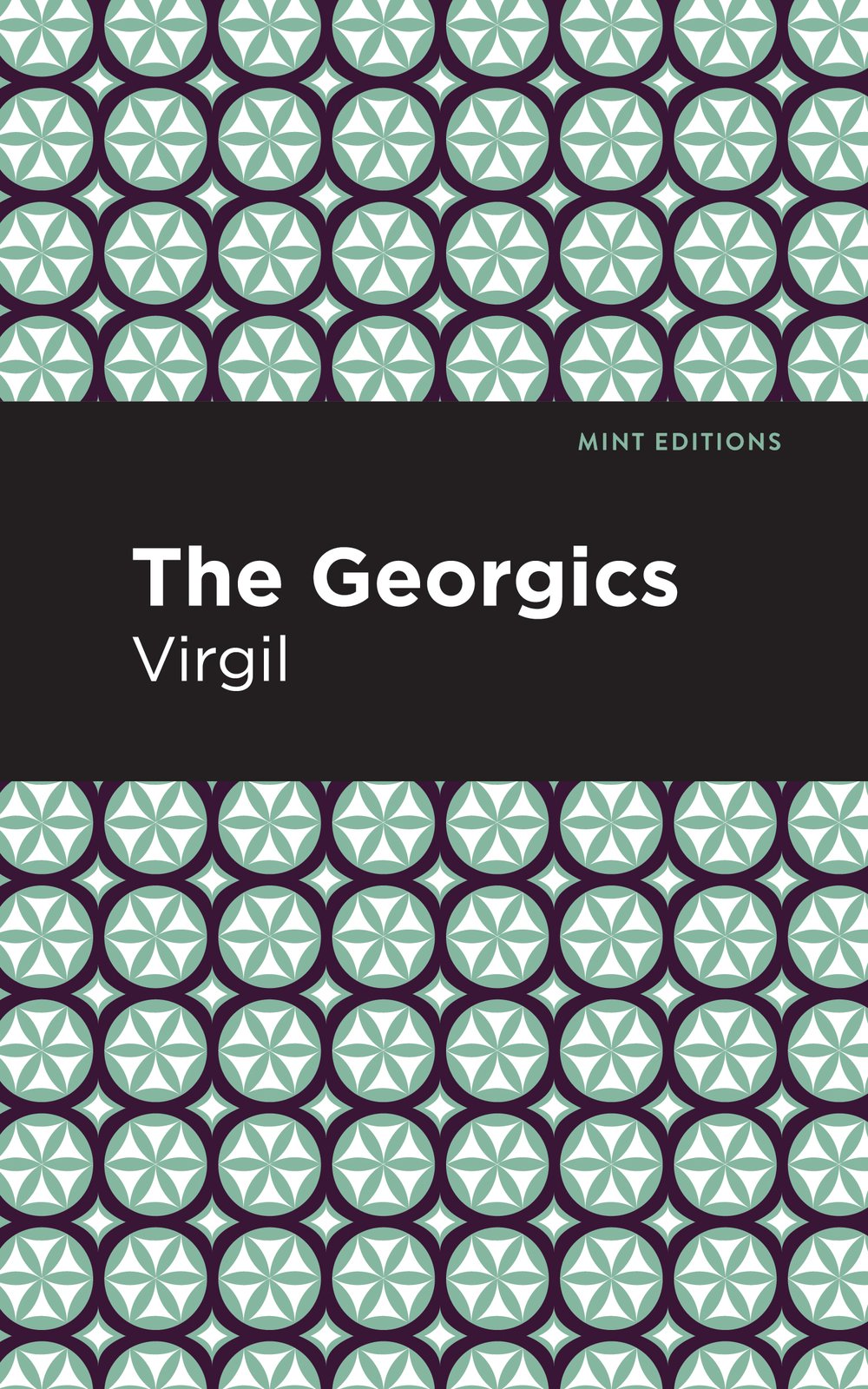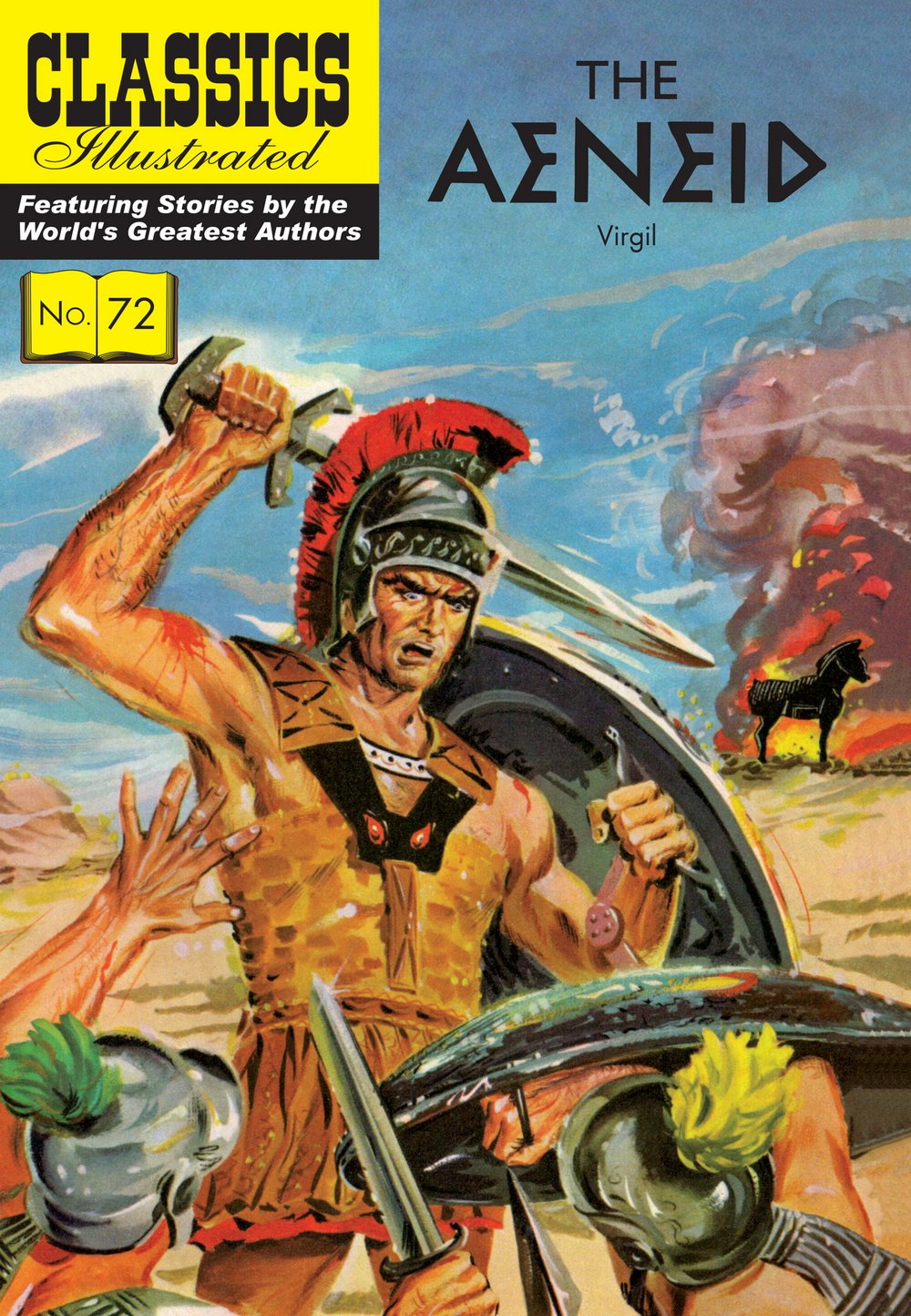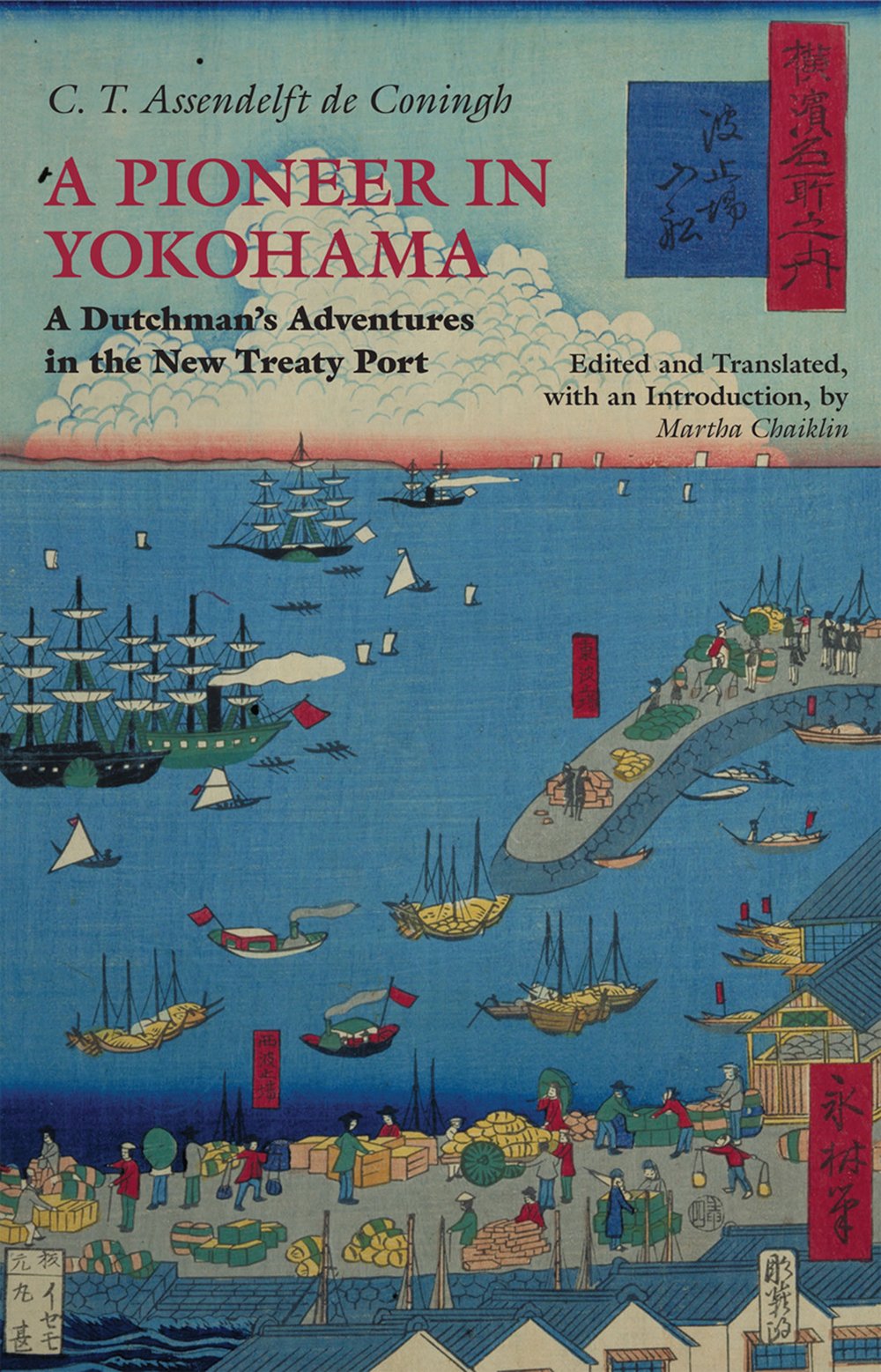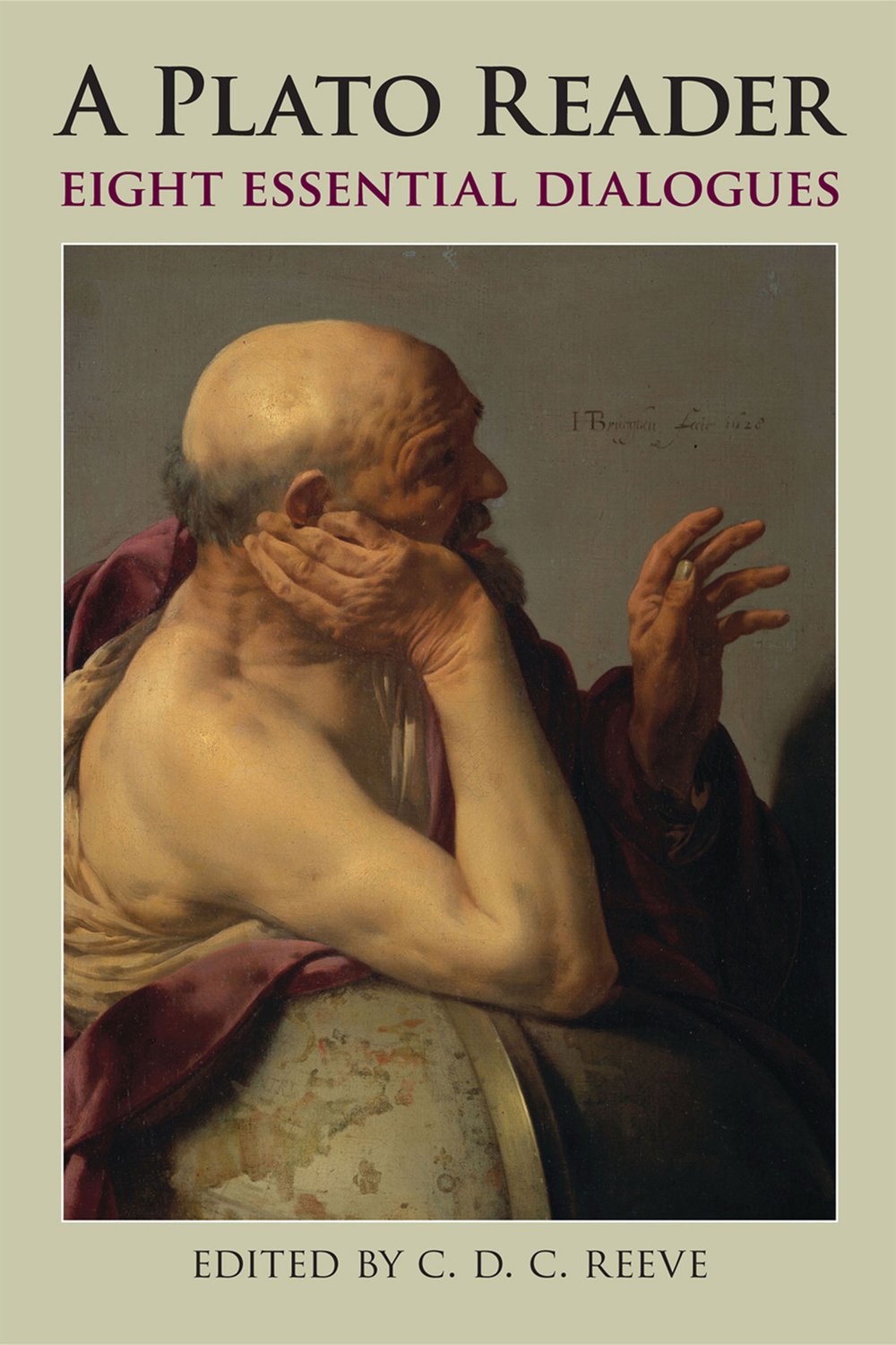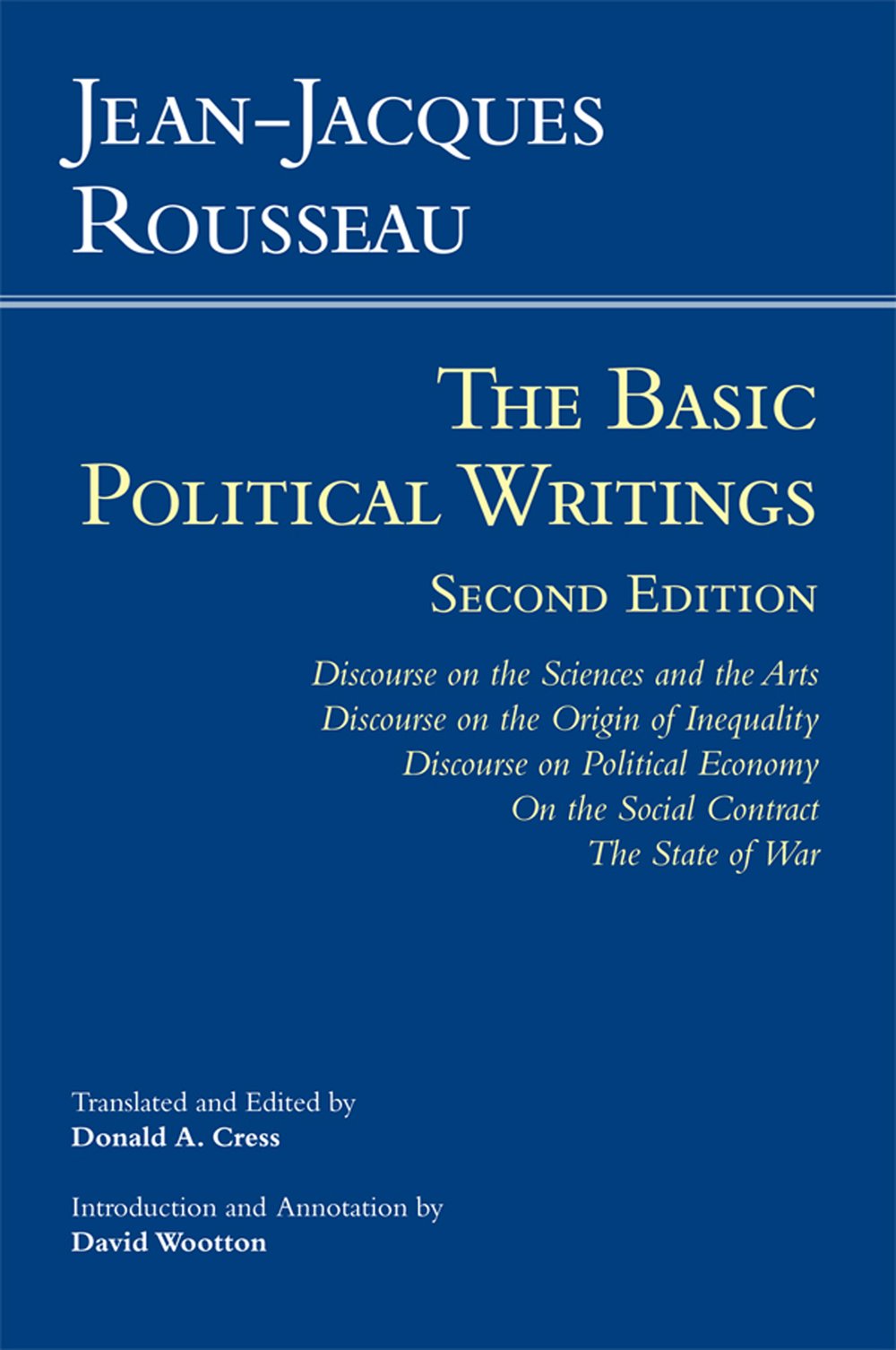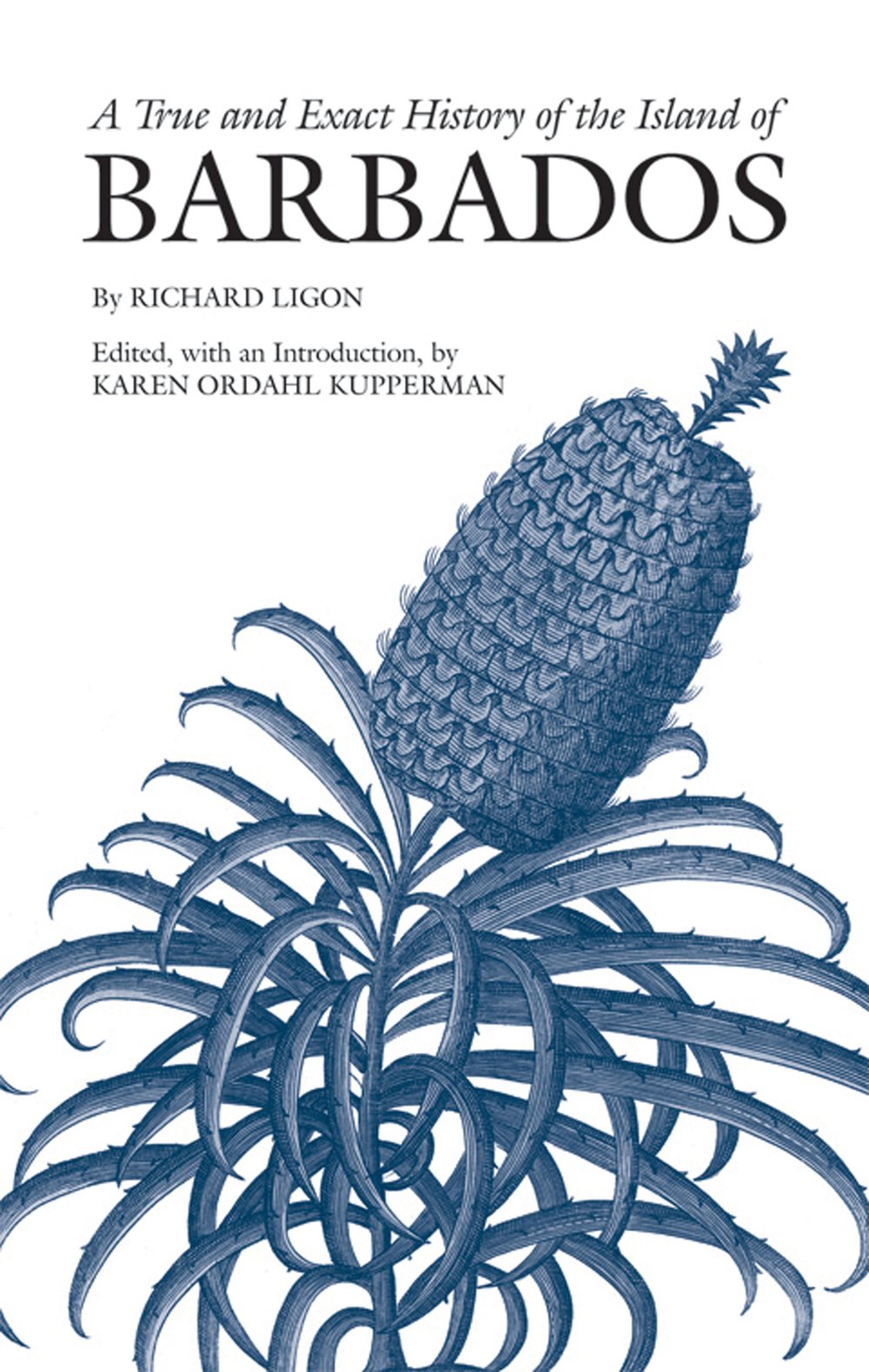Aeneid
Long a master of the crafts of Homeric translation and of rhapsodic performance, Stanley Lombardo now turns to the quintessential epic of Roman antiquity, a work with deep roots in the Homeric tradition. With characteristic virtuosity, he delivers a rendering of the Aeneid as compelling as his groundbreaking translations of the Iliad and the Odyssey, yet one that--like the Aeneid itself--conveys a unique epic sensibility and a haunting artistry all its own.
W. R. Johnson's Introduction makes an ideal companion to the translation, offering brilliant insight into the legend of Aeneas; the contrasting roles of the gods, fate, and fortune in Homeric versus Virgilian epic; the character of Aeneas as both wanderer and warrior; Aeneas' relationship to both his enemy Turnus and his lover Dido; the theme of doomed youths in the epic; and Virgil's relationship to the brutal history of Rome that he memorializes in his poem.
A map, a Glossary of Names, a Translator's Preface, and Suggestions for Further Reading are also included.
Stanley Lombardo is Professor of Classics, University of Kansas. His previous translations include Homer's Iliad (1997, Hackett) and Odyssey (2000, Hackett), Hesiod's Works & Days and Theogony (1993, Hackett), and Sappho, Poems and Fragments (2002, Hackett), a PEN Center USA 2003 Literary Award Finalist.
W. R. Johnson is Professor of Classics and Comparative Literature, Emeritus, University of Chicago. His previously published works include Darkness Visible: A Study of Vergil's Aeneid (1976, University of California Press), Horace and the Dialectic of Freedom (1993, Cornell University Press), The Idea of Lyric (1982, University of California Press), Lucretius and the Modern World (2000, Duckworth), and Momentary Monsters: Lucan and His Heroes (1987, Cornell University Press).


